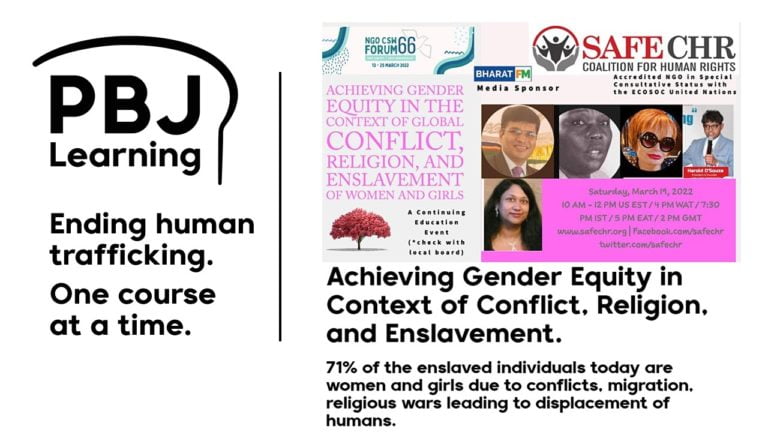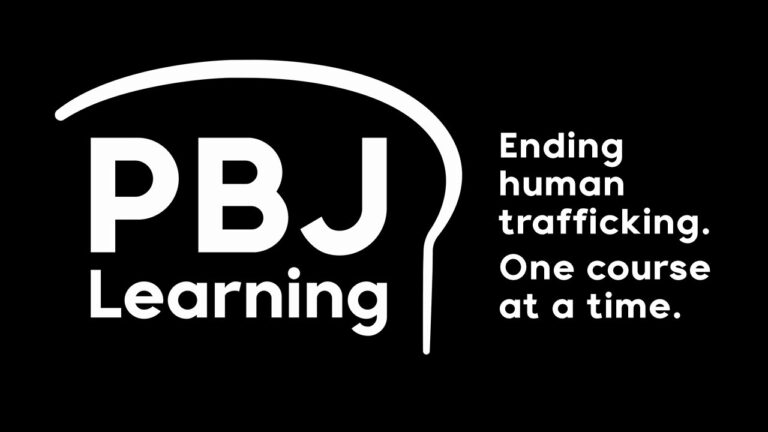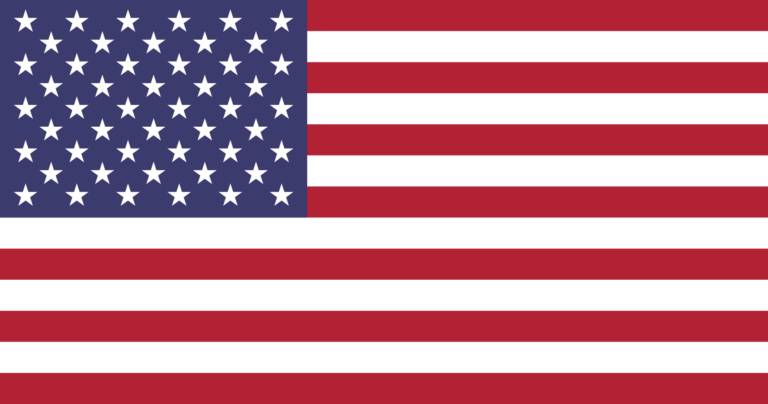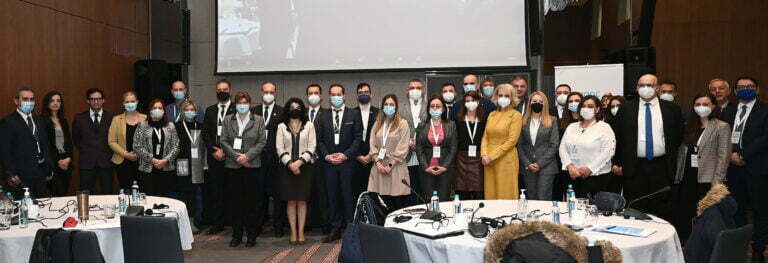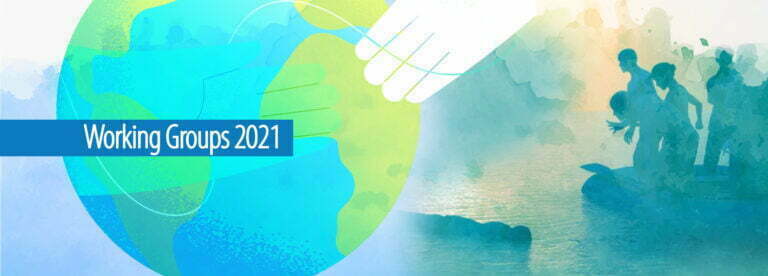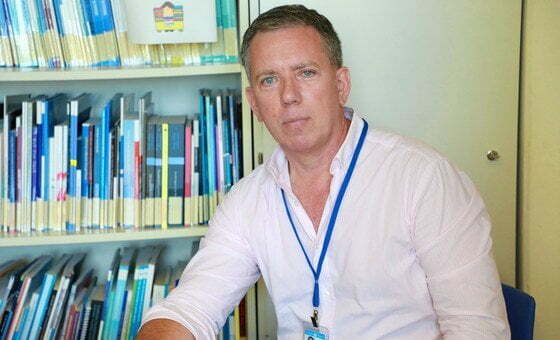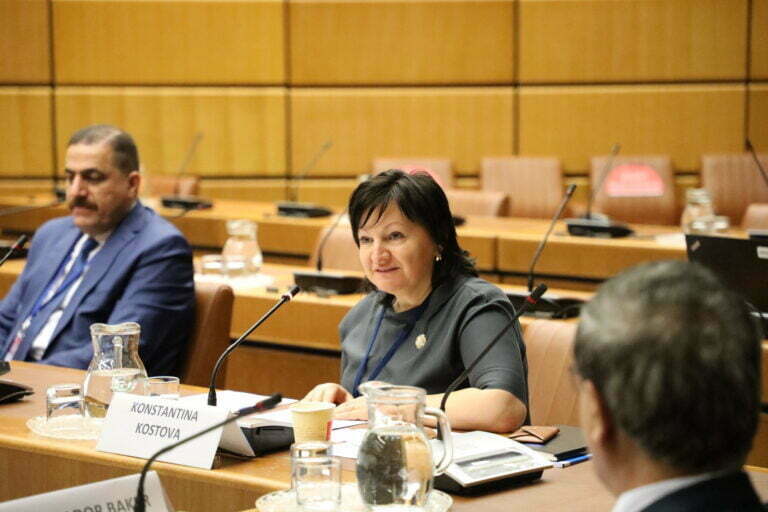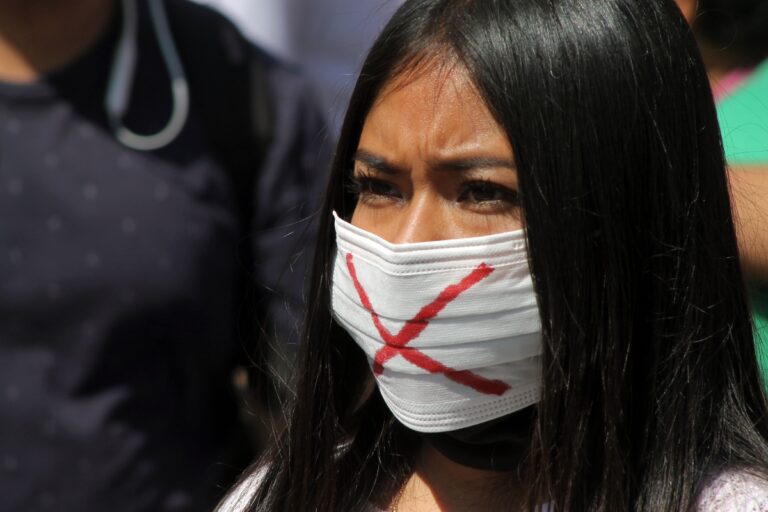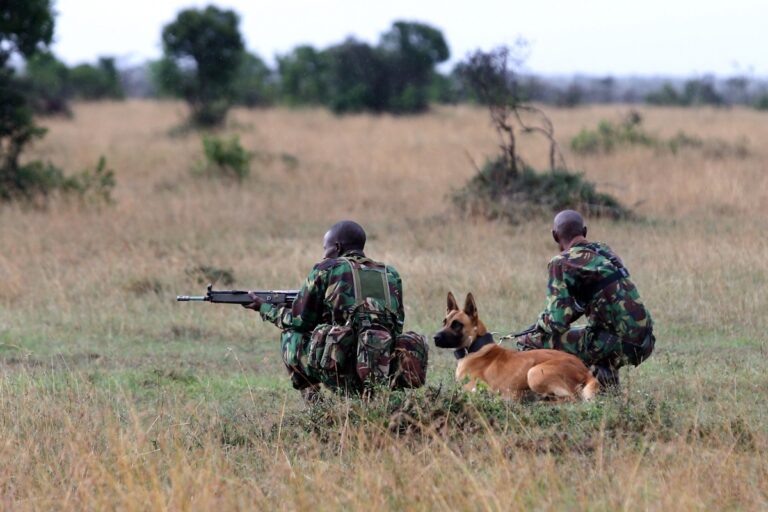Essential Resources for People Affected by Conflict in Ukraine and Afghanistan
War and the fear, displacement, poverty and misery that accompany it are the perfect environment for human traffickers to operate. They offer jobs, shelter, transportation or to fill any of the other massive and multiplying unmet needs of individuals and families facing increasing desperation. While Polaris primarily works in North America, we also operate the…


